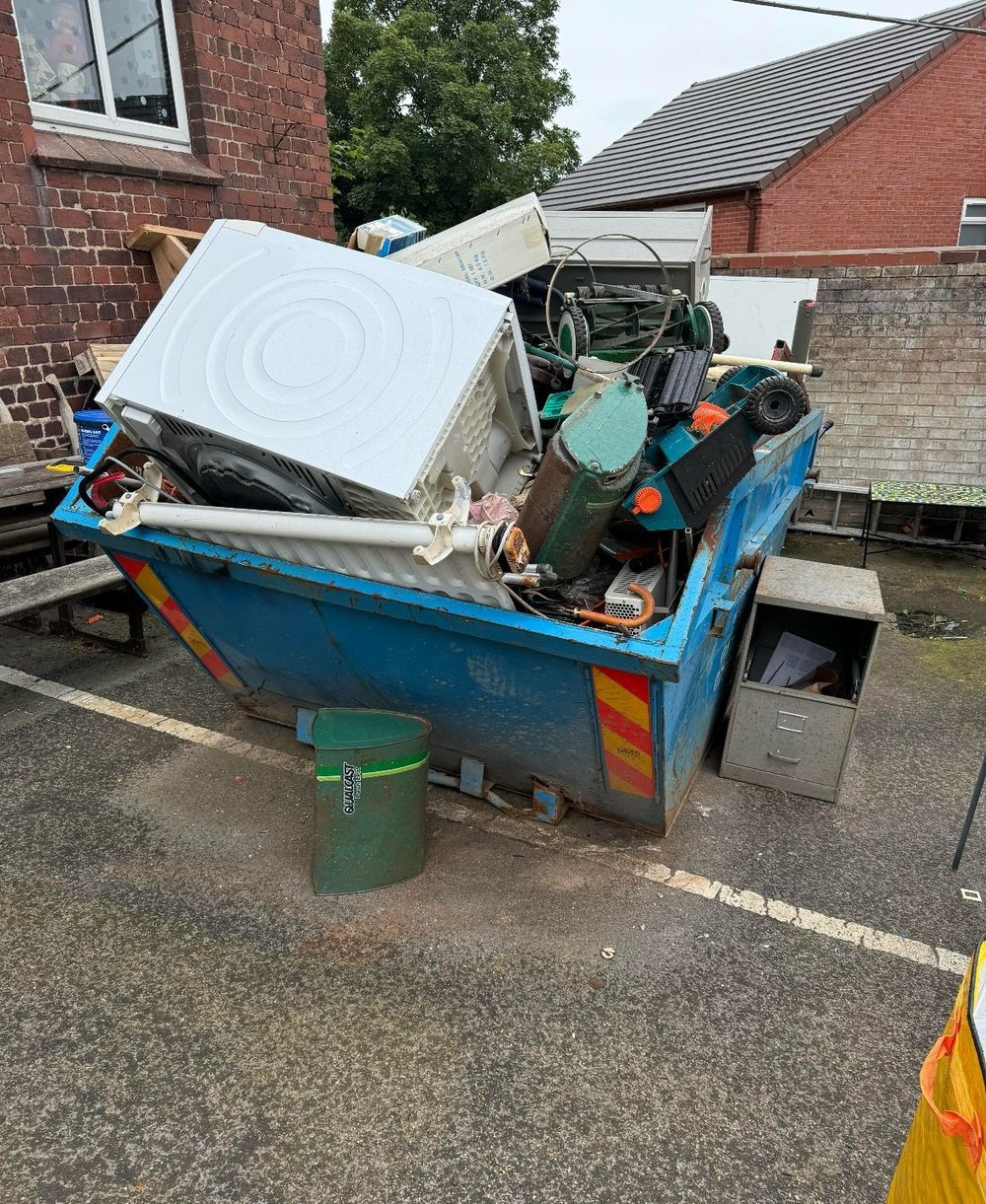Recycling is more than just an eco-friendly buzzword; it’s a critical practice with profound environmental and economic impacts. As global waste production continues to rise, understanding the significance of recycling has never been more crucial. This blog explores the key environmental and economic benefits of recycling and why it matters for a sustainable future.
Environmental Benefits of Recycling
- Resource Conservation
Recycling helps conserve finite natural resources. For example, recycling paper reduces the need for deforestation, while recycling metals reduces the need for mining. According to the Environmental Protection Agency (EPA), recycling one ton of paper saves 17 trees, 7,000 gallons of water, and 463 gallons of oil. - Energy Savings
Manufacturing products from recycled materials requires significantly less energy than producing them from raw materials. For instance, recycling aluminum saves up to 95% of the energy needed to produce new aluminum from bauxite ore. This energy saving translates into lower greenhouse gas emissions, mitigating climate change. - Pollution Reduction
Recycling reduces pollution by minimizing waste production and the harmful emissions from waste incineration and landfills. For example, recycling plastics reduces the need for new plastic production, which is associated with significant carbon dioxide emissions and toxic chemical releases. - Landfill Reduction
By diverting waste from landfills, recycling reduces the environmental impact of landfill sites, including land use and groundwater contamination. The EPA states that recycling and composting diverted 94 million tons of waste from landfills and incinerators in 2018.
Economic Benefits of Recycling
- Job Creation
The recycling industry is a significant source of employment. According to the Institute for Local Self-Reliance, recycling creates 10 times more jobs per ton of waste than landfill disposal. Jobs in recycling range from collection and processing to manufacturing and retail. - Economic Growth
Recycling contributes to economic growth by providing raw materials for industries. The Recycling Economic Information (REI) Report by the EPA found that recycling and reuse activities in the United States accounted for 757,000 jobs, $36.6 billion in wages, and $6.7 billion in tax revenues. - Cost Savings
Municipalities and businesses can save money through recycling programs by reducing waste disposal costs. Landfill tipping fees can be substantial, and recycling can offset these costs while also generating revenue from the sale of recycled materials. - Market Expansion
The recycling industry drives innovation and market expansion. As demand for sustainable products grows, businesses that incorporate recycled materials can tap into new markets and meet consumer preferences for environmentally responsible products.
So, what now?
Well, if you’re a domestic individual, you can help the cause by using Sixtowns Waste skip hire where possible, because we recycle our waste materials wherever possible, and ensure minimal waste goes to landfill. As for business owners, use our skip hire for your waste removal on site.
If you’ve got a home renovation, or a commercial project coming up, get in touch at Sixtowns Waste and we’ll see which waste management solution is right for you, and give you a free quote. This includes grab lorry hire, skip hire, recycled aggregates, and junk/waste removal services.

